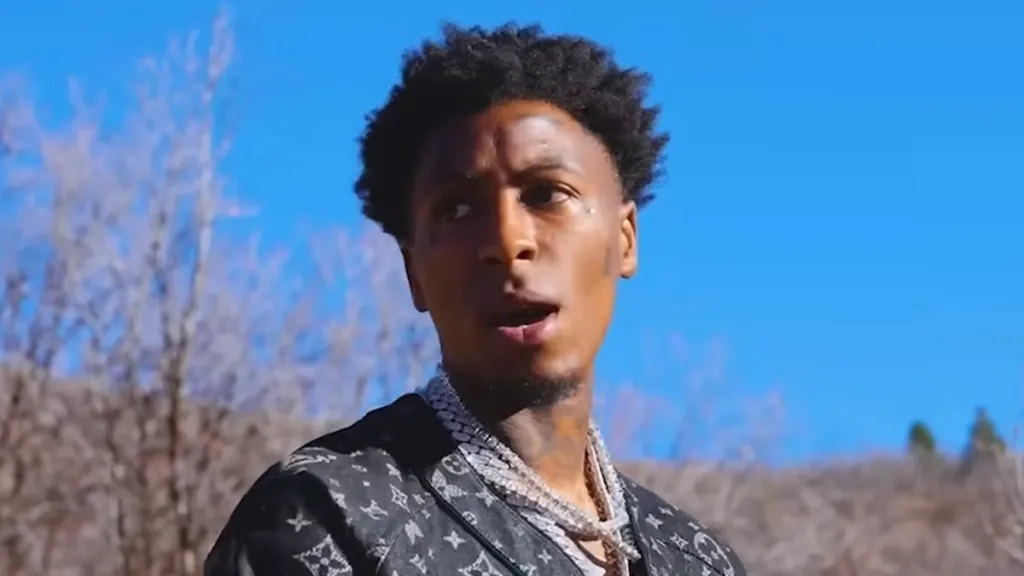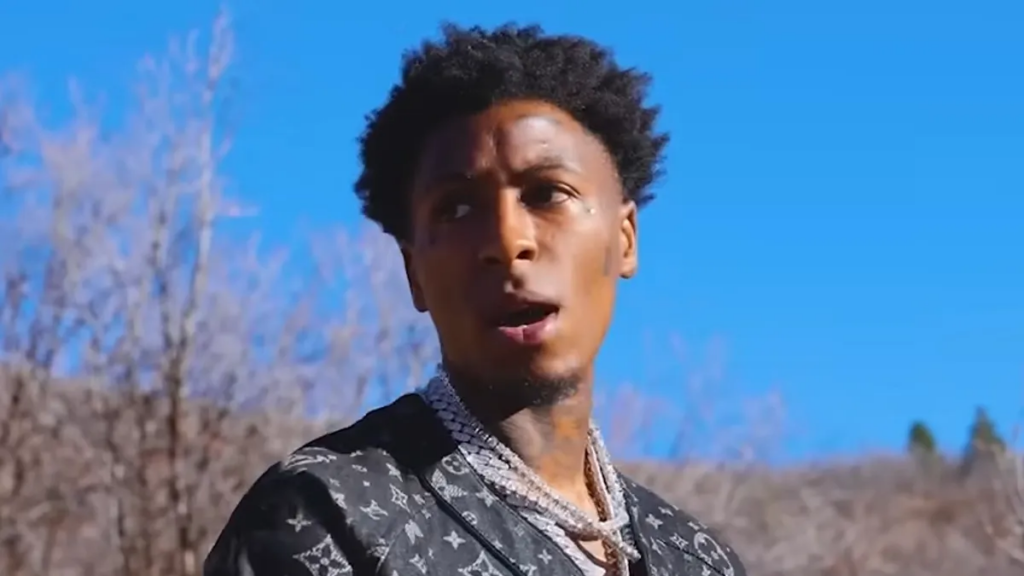
Photo Credit: MILLION DOLLAZ WORTH OF GAME / CC by 3.0
Former President Donald Trump Grants Clemency to Rapper YoungBoy Never Broke Again, Ending a Nearly Two-Year Federal Sentence
In a significant move, former President Donald Trump issued a pardon to rapper YoungBoy Never Broke Again, who was previously serving a sentence of up to 23 months for firearm possession as a convicted felon. The artist, whose legal troubles culminated in federal detention, was also placed on a five-year probation period and released from custody in March. Since then, he has been confined to his home but recently announced plans for a major US tour scheduled to commence this September.
Expressing gratitude, YoungBoy-born Kentrell DeSean Gaulden and also known by his stage name NBA YoungBoy-stated, “I want to thank President Trump for granting me a pardon and giving me the opportunity to focus on my growth-both as a man, a father, and an artist. This moment means everything. It opens doors to a future I’ve worked tirelessly for, and I am fully prepared to embrace it.”
Implications of the Pardon for YoungBoy’s Career
Andrew Lieber, YoungBoy’s tour manager, conveyed to The New York Times: “He is now an entirely free man, with no restrictions on his movement. The world is wide open for him.” This pardon not only clears his legal record but also revitalizes his career prospects, allowing him to perform across the country without legal hindrance.
Trump’s Broader Pardon Strategy
Alongside YoungBoy, Trump’s recent pardon list included several prominent Republicans, influential supporters, and notable figures. Among them was Alice Marie Johnson, whose pardon in 2020 was a pivotal moment, leading Trump to later refer to her as his “pardon czar.”
Other individuals granted clemency include Todd and Julie Chrisley, stars of the reality TV series “Chrisley Knows Best,” who faced charges of bank fraud conspiracy in Atlanta. Additionally, James Callahan, a union leader from New York, was pardoned after pleading guilty to failing to report $315,000 in income from an advertising agency.
Further pardons extended to former Connecticut Governor John Rowland, who served from 1995 to 2004 and was convicted of concealing his involvement in federal election campaigns, resulting in a 30-month prison sentence. Michael Grimm, a former Congressman from New York who resigned after being convicted of tax evasion, also received clemency. Military Lieutenant Impress Bradshaw, convicted in 2022 for working without COVID-19 testing, was among those pardoned as well.
One of the most notable clemencies was the commutation of Larry Hoover’s sentence. Hoover, a notorious Chicago gang leader, has been incarcerated since 1998 for criminal enterprise, with his initial arrest dating back to 1973. His release from Colorado’s supermax prison marks a significant development in his long-standing legal saga.
Historical Context of Trump’s Pardons
Trump’s use of presidential clemency has been a recurring theme, with notable acts such as the 2021 pardons of rapper Lil Wayne and Kodak Black. Lil Wayne, in particular, marked his final days in office by releasing the song “Ain’t Got Time,” symbolizing his relief and renewed freedom following the pardon.
These clemencies often reflect a combination of political strategy, personal connections, and advocacy efforts, shaping the narrative of justice and mercy during Trump’s presidency. As YoungBoy prepares to re-enter the public eye with his upcoming tour, his pardon exemplifies how high-profile legal decisions can influence an artist’s career trajectory and personal life.

